Orienting towards sustainable development with a green, environmentally friendly production model is an important factor that helps businesses have an export "passport" and at the same time create sympathy with consumers.
Sustainable development – the requirement to ensure the speed and quality of export growth
According to data from the General Statistics Office, Vietnam's export scale is expanding and reaching a high level, increasing from 96.91 billion USD in 2011 to 371.30 billion USD in 2022, 3.8 times higher. The proportion of export turnover to GDP in 2022 accounts for 90.1% (in 2011 it was 72.7%). However, expanding production risks increasing pollution pressure due to the exploitation of many natural resources.
According to Mr. Nguyen Van Hoi - Director of the Institute for Strategy and Policy Research on Industry and Trade quoted in Finance Magazine: "Vietnam's export development in the recent period has not been sustainable. Export expansion is at risk of depleting natural resources, reducing biodiversity and polluting the environment".
Sustainable exports are an urgent requirement to ensure the efficiency, sustainability and longevity of the economy.
In addition, the pressure from climate change also poses challenges for the Vietnamese export industry in maintaining product quality. This is easily seen in agricultural products. In areas affected by saline intrusion and drought in the dry season, the source of irrigation water is not guaranteed, leading to difficulties in achieving high productivity and quality. If the quality of agricultural products meets the requirements, the investment cost will also be high, making it difficult to compete with agricultural products from other countries.
Increasingly fierce competition pressure and fluctuations in the world economy are also challenges for maintaining export growth. Therefore, sustainable export orientation is an urgent issue for our country in the upcoming economic growth period, with the goal of harmonizing the speed and quality of rapid growth, and environmental protection.
Demand for “green” products is increasing
Sustainable development is not only a domestic issue, Vietnam's export markets are also setting higher import requirements. In April 2023, the European Parliament passed a bill banning the import of agricultural products such as coffee, cocoa, wood and rubber... whose production processes reduce forest areas. Or from October 1, 2023, the Carbon Border Adjustment Mechanism (CBAM) will come into operation. Accordingly, all goods imported into the European Union (EU) in high-carbon industrial sectors (steel, aluminum, cement, fertilizers...) will be subject to regulation.
“Green” products are increasingly gaining attention and popularity among international consumers. Photo: Vi Nam
In addition, Vietnamese enterprises also have to face many stricter non-tariff regulations from markets in new-generation Free Trade Agreements (FTAs) such as the Vietnam - EU Free Trade Agreement (EVFTA), the Comprehensive and Progressive Agreement for Trans- Pacific Partnership (CPTPP) with environmental protection requirements including biodiversity, emission reduction... all committed at a high level of binding.
To conquer foreign markets, businesses need not only to overcome “green barriers” to facilitate exports. More importantly, they need to attract consumers who are increasingly interested in and more demanding of environmentally friendly product standards.
“Green” products – challenges and opportunities to conquer the international market
Currently, the successful export and increased output to many demanding markets have proven the right direction of businesses that persistently implement sustainable production and business strategies. A typical example is Vinamilk, one of the Vietnamese businesses that has a market share in nearly 60 countries and territories around the world, especially meeting the strict import requirements of Singapore, Japan, New Zealand, etc.
Recently, Vinamilk was also rated as one of the Top 5 most sustainable dairy brands globally and leading in Vietnam. In particular, the sustainability awareness score of this enterprise was rated the highest, surpassing many other big names in the world dairy industry.
Vinamilk products are present in export markets with high requirements for sustainability.
Mr. Vo Trung Hieu - Vinamilk International Business Director, shared: "Currently, most of our partners in developed market groups have mentioned requirements related to sustainable development. Vinamilk has been proactively transforming its operating methods, increasing investment in equipment, focusing on human resource training and development, actively transforming digitally and greenly to adapt to new conditions."
In New Zealand and Australia, where environmental requirements are high, Vinamilk aims to have all products exported to these two markets using HDPE packaging (easily recyclable packaging) by 2025. Currently, products exported to New Zealand and Australia do not have plastic straws and have easier-to-open lids to reduce plastic waste in the environment.
The early recognition and assessment of the importance of sustainable development factors has helped Vinamilk achieve relatively positive initial results. The Australian market has seen sales growth of more than 10% per year, Vinamilk's products are being distributed at major supermarket chains Costco, Woolworths, Coles, Aldi, Foodstuff... and there are continuous projects to develop new products for this market.
Vinamilk plans that by 2025, all products exported to Australia and New Zealand will use HDPE packaging.
Recently, Vinamilk also signed a cooperation agreement to bring yogurt products to the billion-people market - China. Yogurt products are produced on a closed production line according to the international quality management system ISO 9001:2015 and FSSC 22000 standards, applying natural fermentation technology, without using preservatives to ensure safety and hygiene.
With the values and development potential of sustainable export trends, Vinamilk will also develop in high-income market groups in Asia, America and traditional market groups that have been exploited in the recent period.
It can be seen that, with many long-term values, sustainable development is the “key” for Vietnamese enterprises to build their brands, create sympathy with consumers, and affirm their position in the international market. The love, trust and loyalty of consumers is proof of the efforts of enterprises in continuously improving products towards sustainable development, ensuring that products delivered to consumers are not only delicious, clean, safe but also contain environmental values.
PV
Source


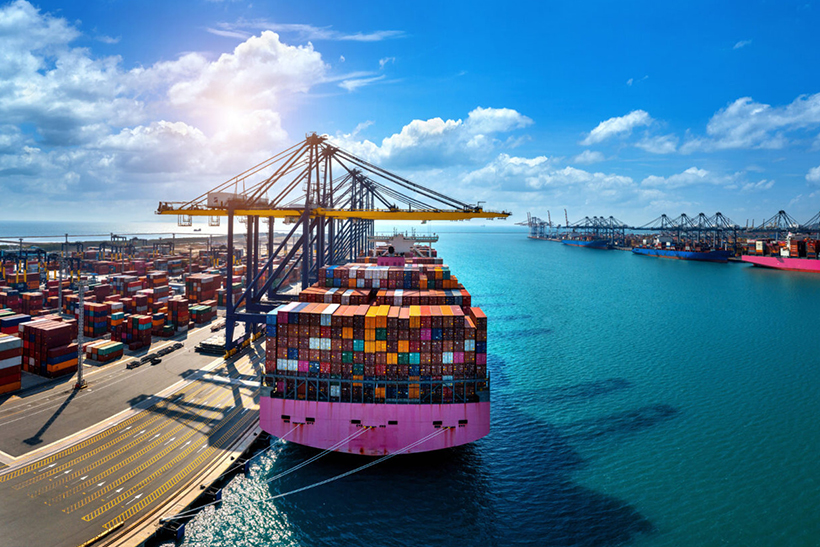
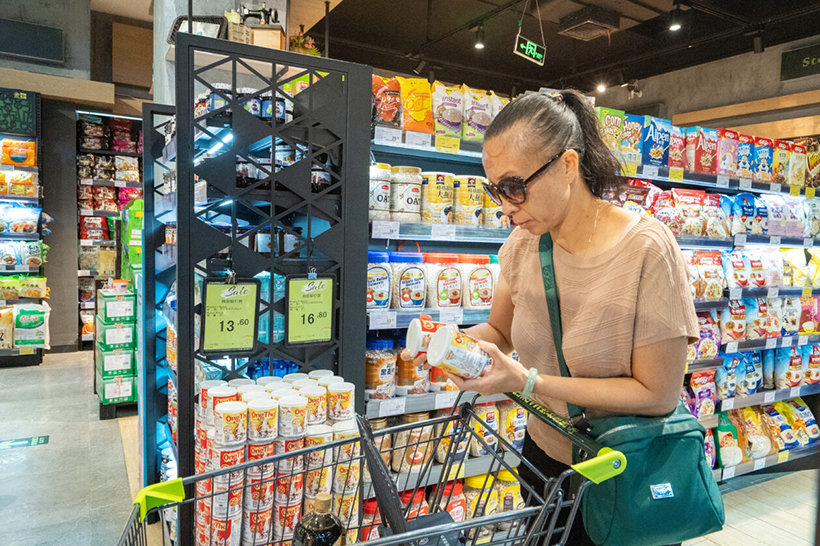
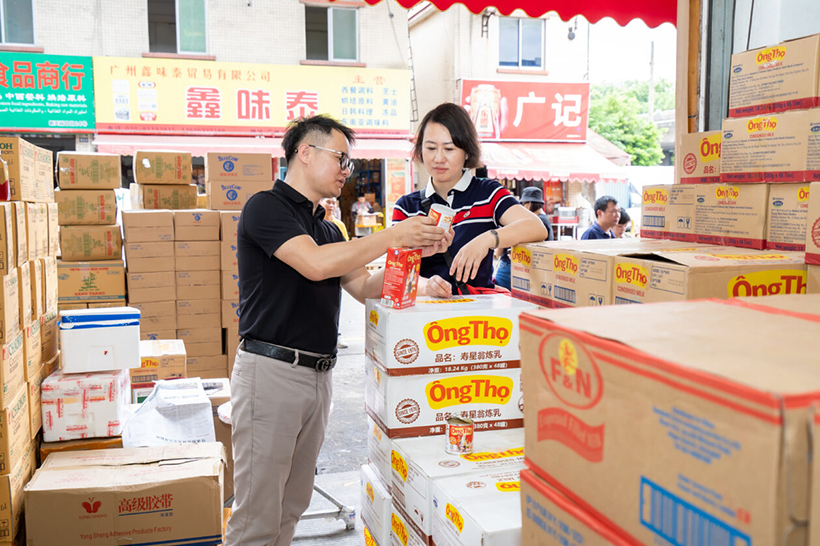
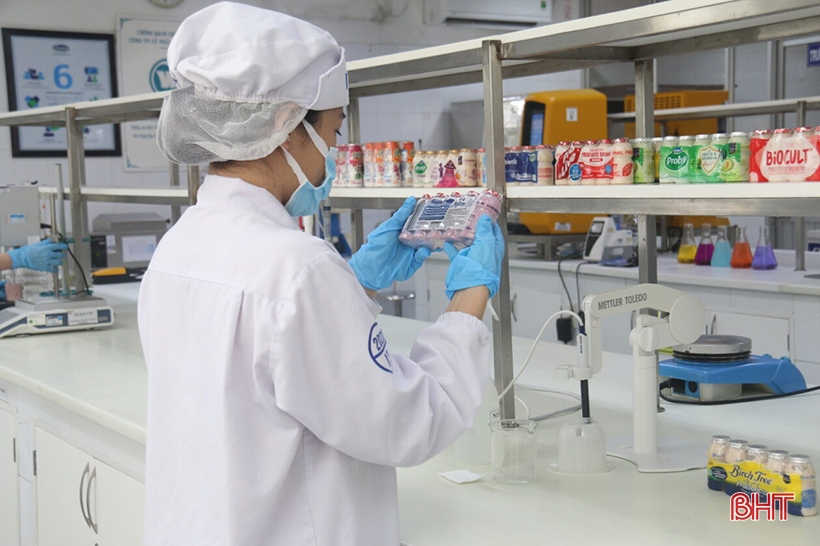




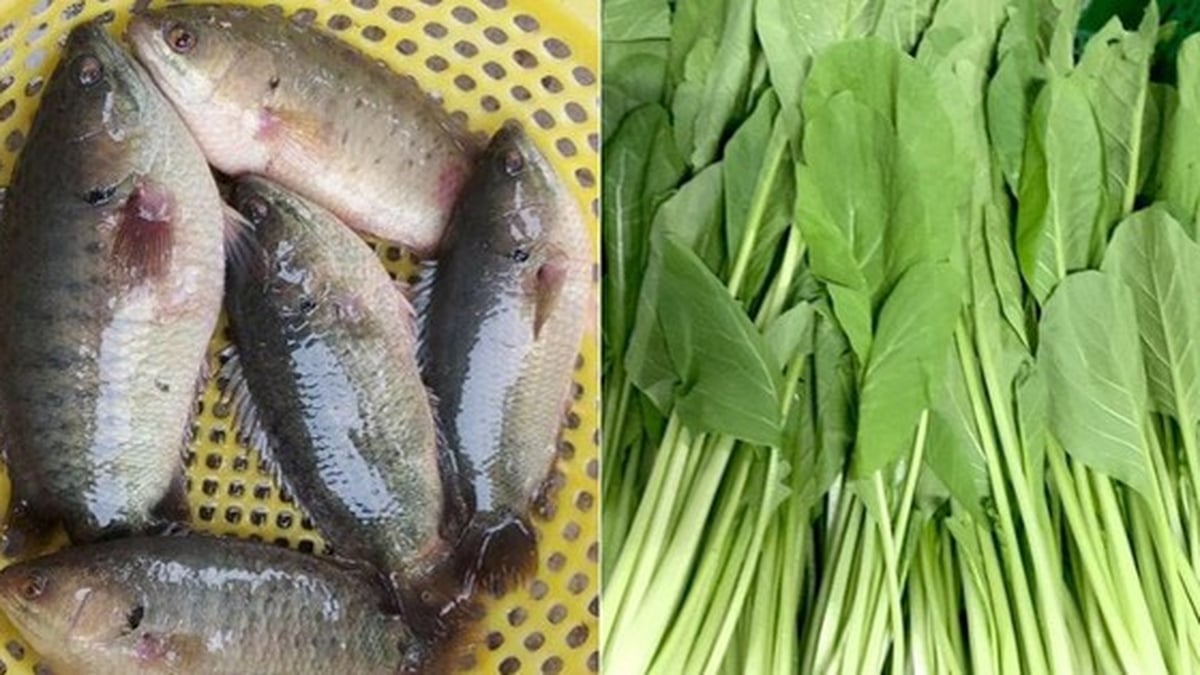
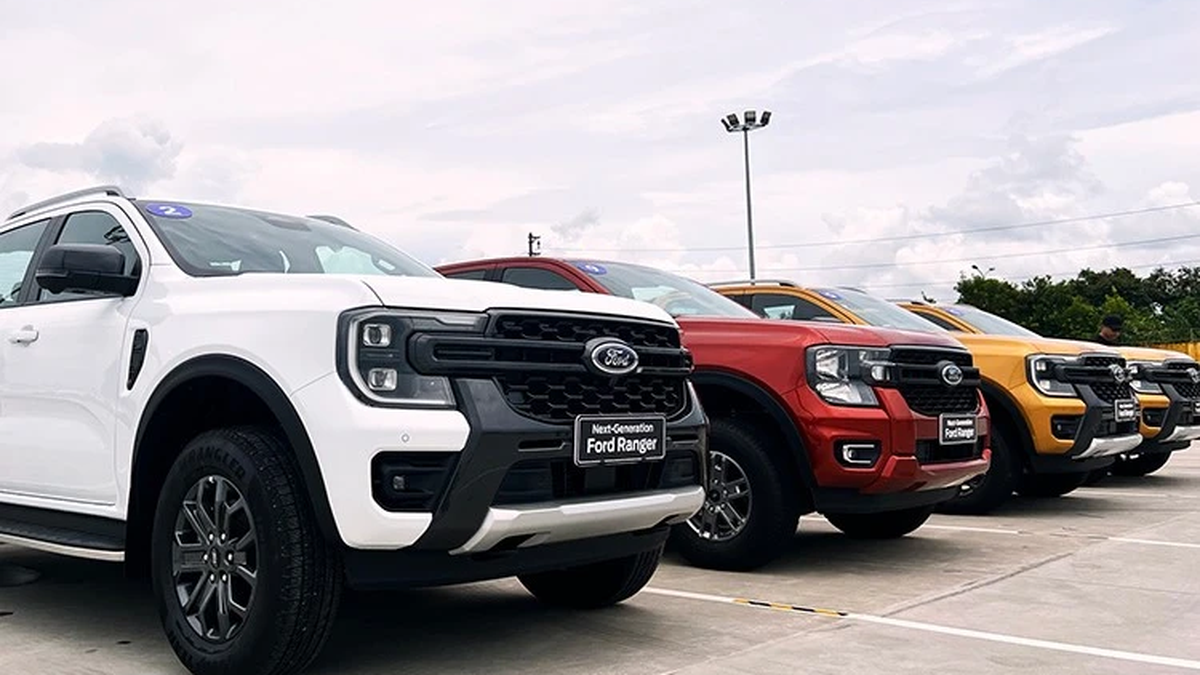



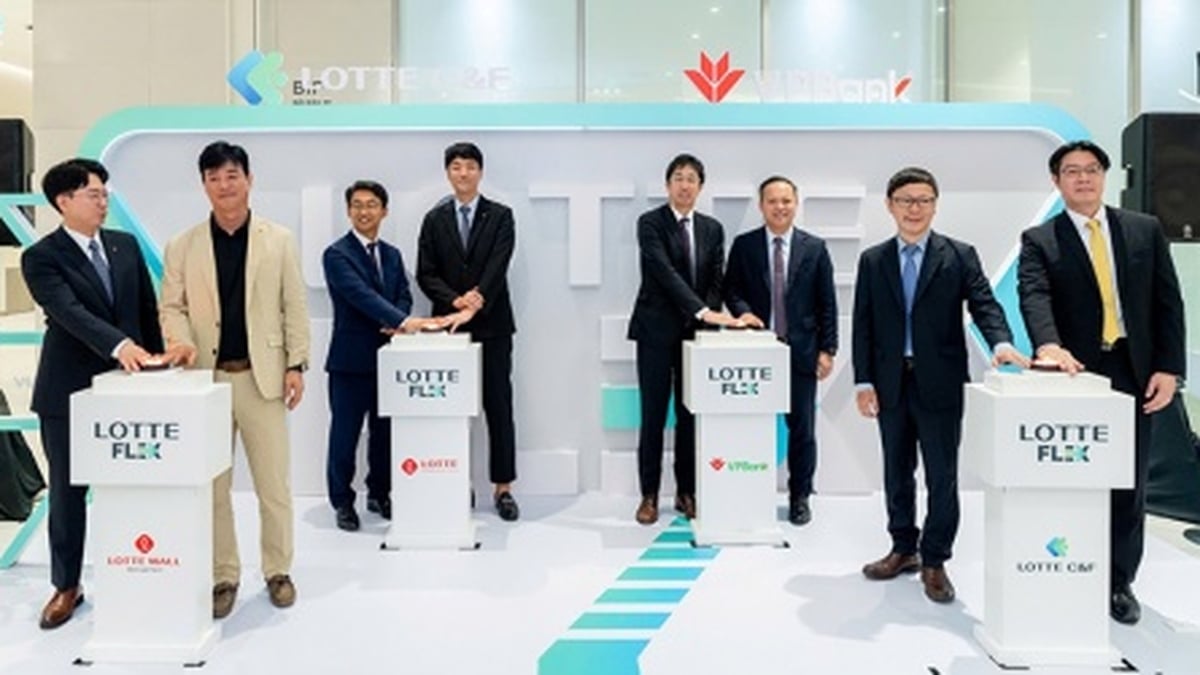








































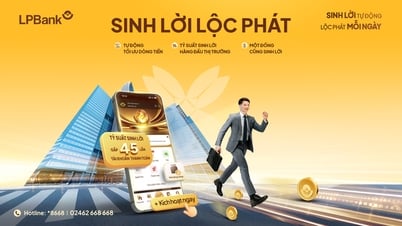

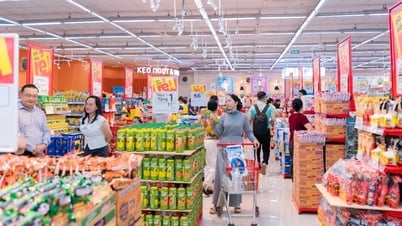










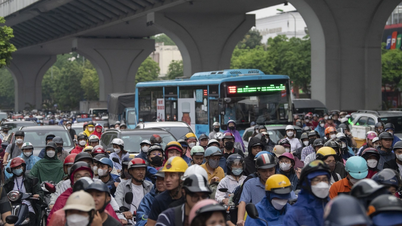

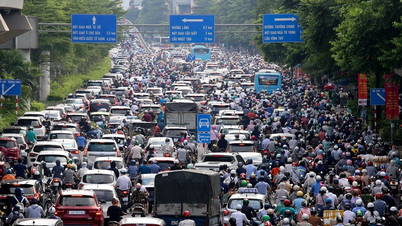

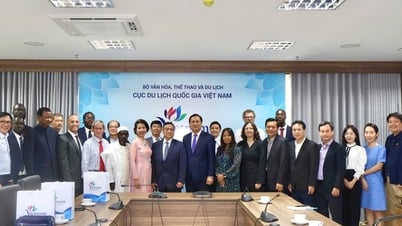

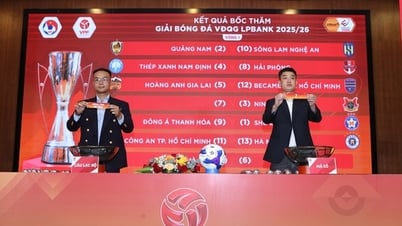


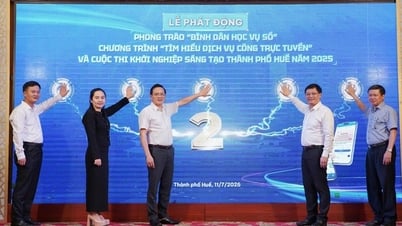



























Comment (0)